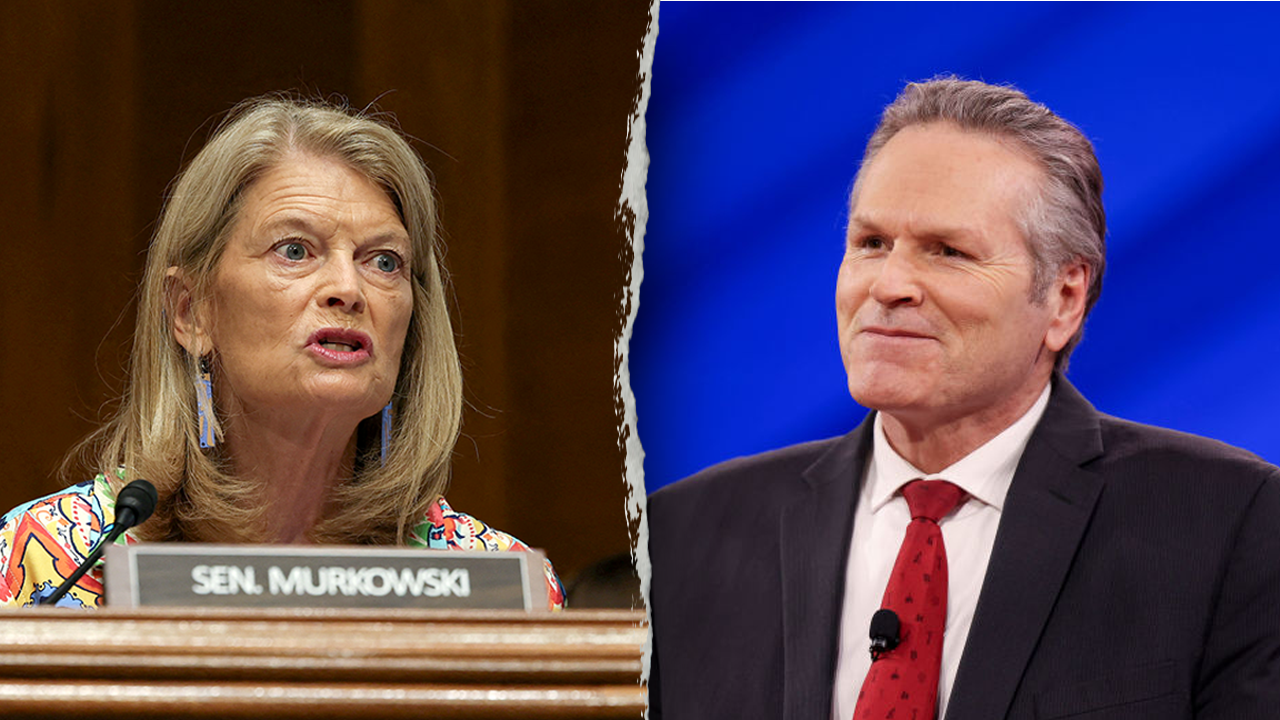Alaska Governor Dunleavy Poised to Challenge Senator Murkowski in 2028 Senate Race
Juneau, Alaska – August 29, 2025 – Alaska Governor Mike Dunleavy is preparing to announce a bid for the U.S. Senate in 2028, setting the stage for a high-stakes Republican showdown against incumbent Senator Lisa Murkowski, according to sources close to the governor. The move, backed by President Donald Trump, could reshape Alaska’s political landscape, pitting a conservative stalwart against a moderate Republican who has frequently clashed with the former president.
Dunleavy, a Republican serving as Alaska’s governor since 2018, is term-limited and cannot run for reelection in 2026. His potential Senate run, expected to be formally announced soon, targets Murkowski’s seat, which comes up for election in 2028. Sources indicate that Dunleavy, who enjoys strong support among conservative voters and Alaska’s Native communities, is motivated by a desire to advance the state’s interests in Washington while capitalizing on his close ties to Trump.
“Governor Dunleavy cares deeply about Alaska and wants it to succeed,” a source close to Dunleavy told Fox News Digital. The source emphasized that Dunleavy has no intention of resigning his current term early, learning from the political fallout faced by former Governor Sarah Palin, who resigned in 2009 to pursue national ambitions.
Murkowski, a moderate Republican in the Senate since 2002, has drawn ire from conservative factions for her willingness to work across party lines and her votes against some of Trump’s initiatives, including her 2021 vote to convict him in his second impeachment trial. Trump has long targeted Murkowski, endorsing her opponent Kelly Tshibaka in the 2022 Senate race and vowing to back any challenger with “a pulse.” His support for Dunleavy underscores this ongoing feud, with Trump praising the governor as a “strong and consistent conservative” in past endorsements.
The 2028 race is expected to be fiercely competitive, shaped by Alaska’s unique ranked-choice voting system, which has favored moderates like Murkowski in past elections. In 2022, Murkowski secured 53.7% of the vote after ranked-choice tabulation, defeating Tshibaka despite trailing in first-choice votes. Dunleavy, however, brings a different dynamic, with broad appeal among Native voters on the North Slope and a focus on energy development and rural infrastructure. A political analyst noted that Murkowski has “never faced a challenger like him” with such widespread support outside conservative circles.
Murkowski has not confirmed her plans for 2028 but has kept her options open, recently declining to rule out a 2026 gubernatorial run as her Senate term extends to 2028. At a press conference on August 4, 2025, she responded “sure” when asked about a potential gubernatorial bid, though she clarified her focus remains on her current Senate role. Her approval ratings have slipped following her vote for Trump’s budget reconciliation bill in July 2025, dropping from 46% to 33% in recent polls, which could complicate her reelection prospects.
The race could also be influenced by Alaska’s crowded 2026 gubernatorial contest, with seven Republicans, including Lieutenant Governor Nancy Dahlstrom and former state Senator Click Bishop, already vying to replace Dunleavy. Political observers suggest that Murkowski’s decision on whether to run for governor or seek another Senate term may hinge on the evolving dynamics of these races and her standing with Alaska voters.
As Dunleavy prepares his Senate bid, the endorsement from Trump and his strong conservative credentials position him as a formidable challenger. However, Murkowski’s seniority, fundraising prowess—she raised $11.2 million for her 2022 Senate race compared to Dunleavy’s $2.75 million for his gubernatorial reelection—and resilience in past elections make her a tough opponent. The 2028 election promises to test Alaska’s political fault lines, with national implications for the Republican Party’s direction.
Sources: Fox News, Anchorage Daily News, Alaska Watchman, PBS News, and posts on X.
